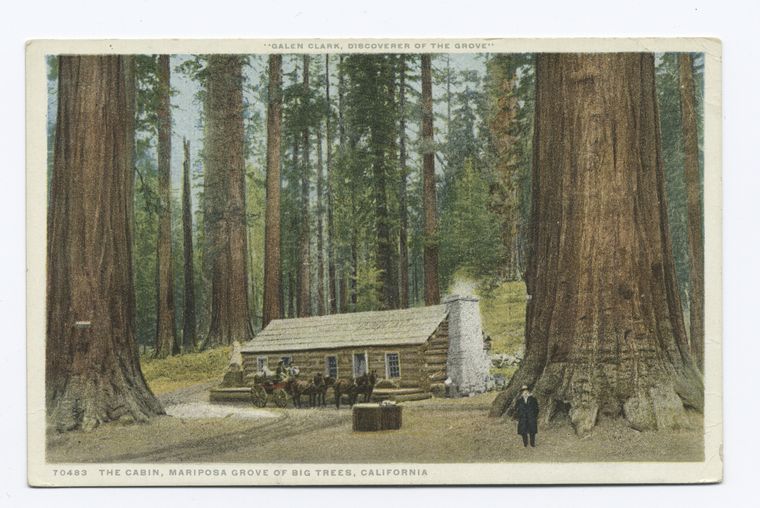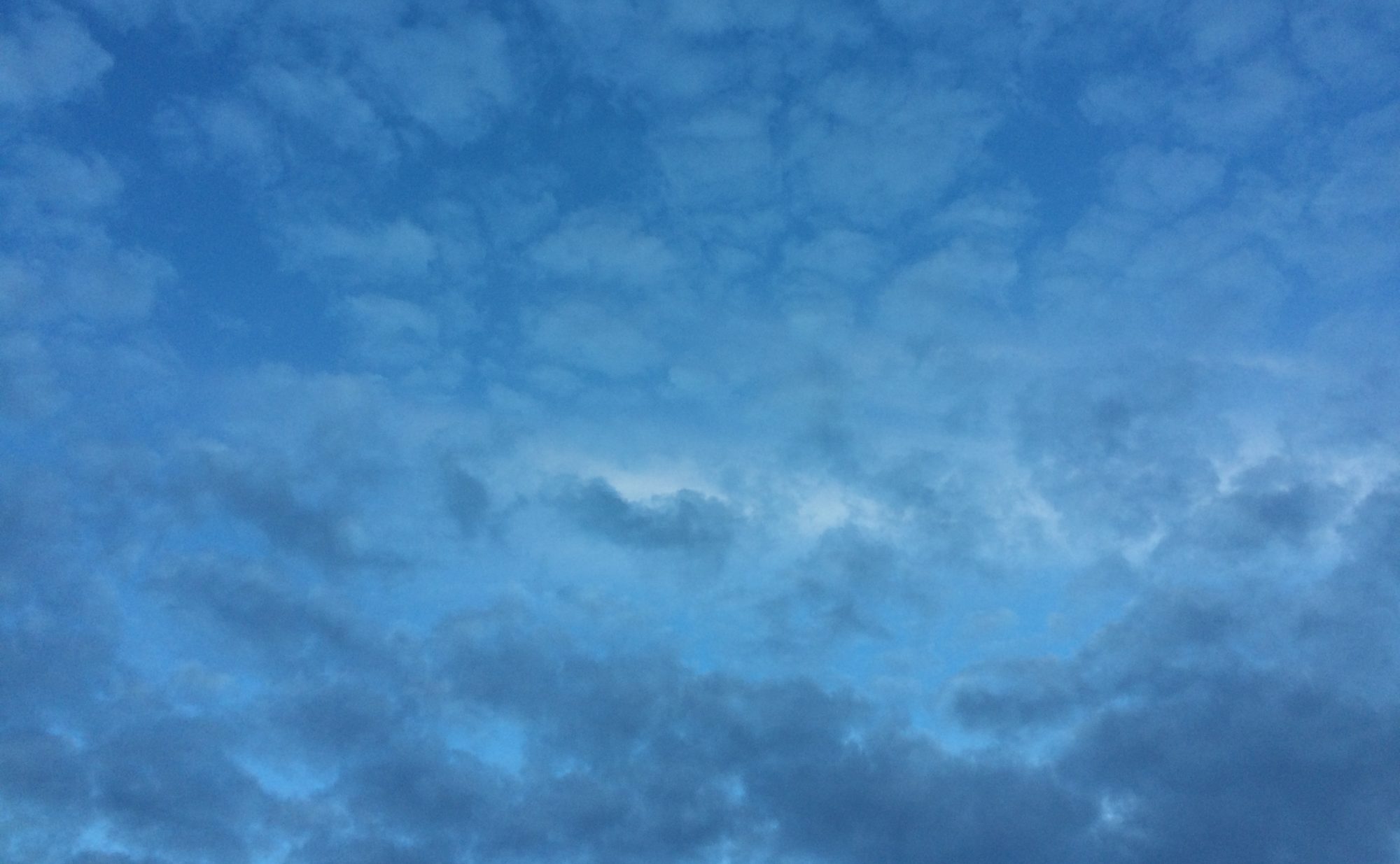
At the gym this morning, as I was trying to reach my toes, the TV in front of me ran a graphic helpfully explaining that spending a few minutes in nature each day has been shown to be good for your psychological health.
Sure, sounds good. But why would this be? Do we have a gene that identifies trees and tells us to relax when we see them? Is there something in our brains that gets reset when we hear water burbling over rocks in a stream?
...if we decided to spend all day everyday out in nature, before long some rustic psychologist would begin advising us to spend at least a few minutes each week in a stuffy, windowless room.
There are some studies that show that green is good for you. For one researcher, "the goal is to determine whether nature can help mitigate the negative impact of living in bleak, urban environments." Since humans evolved in greenish environments (OK, the savanna is not especially green, but let's set that aside here…) there might just be something about the color itself that has positive effects on the brain.
Here's a report that takes a sort of Jungian approach – it claims that even brief exposure to green brings up symbolic images of "growth, such as fertility, life and hope."
Of course, colors found less often in nature, like red and blue, can also have positive psychological effects. And according to "science," whatever that means here, orange and yellow can have positive effects, to say nothing of purple.
It's almost as though this were… ridiculous.
Yes, colors can make people feel good, as can sounds and smells and tastes. People sometimes feel good in nature, just as they sometimes feel good in "bleak, urban environments." (Is this really the starting point an unbiased researcher would take?) It goes without saying.
For me, the question isn't "Why do colors make us feel certain ways?" but rather, "Why would we be interested?" What has happened to the environments we choose to live in that has alienated us to the point where people feel the need to worry about this?
We spend less time in nature than our ancestors did. For many of us, this is a choice. My condo has air conditioning and central heat, and this pleases me because I'm not so fond of nature's weather extremes (or, really, since I live in San Diego, its mild fluctuations). Entertainment-wise, we've invented alternatives to trees that, while often less beautiful, provide us with much more in the way of plot, character, and action.
I suspect that if we decided, as a society, to spend all day everyday out in nature, before long some rustic psychologist would begin advising us to spend at least a few minutes each week in a stuffy, windowless room.
You might think that the vast range of options available to us should allow us to be happy most of the time. But it doesn't, because every time we choose one option, we close the door on a raft of others. Reality has forced us to choose some things that make us feel good, and to make do without the rest. So it isn't that nature is good and cities are bad – what's happened is that our society and our personalities are at least a little bit out of balance.
So the question, "Why do people respond so well to green spaces?" isn't a very interesting one, although we tend to fixate on it – as though there were some quick green fix for unhappiness. The alternative is a harder set of questions, but it's the one that really needs answering:
How did we become the sorts of people who feel better in nature, but don't get to spend time in it? And why do we put up with that?
Image at top from the New York Public Library's public domain collection.
If you enjoyed reading this, please help me out by passing it on to other people who might appreciate it, sharing it through e-mail or your favorite social media platform.
